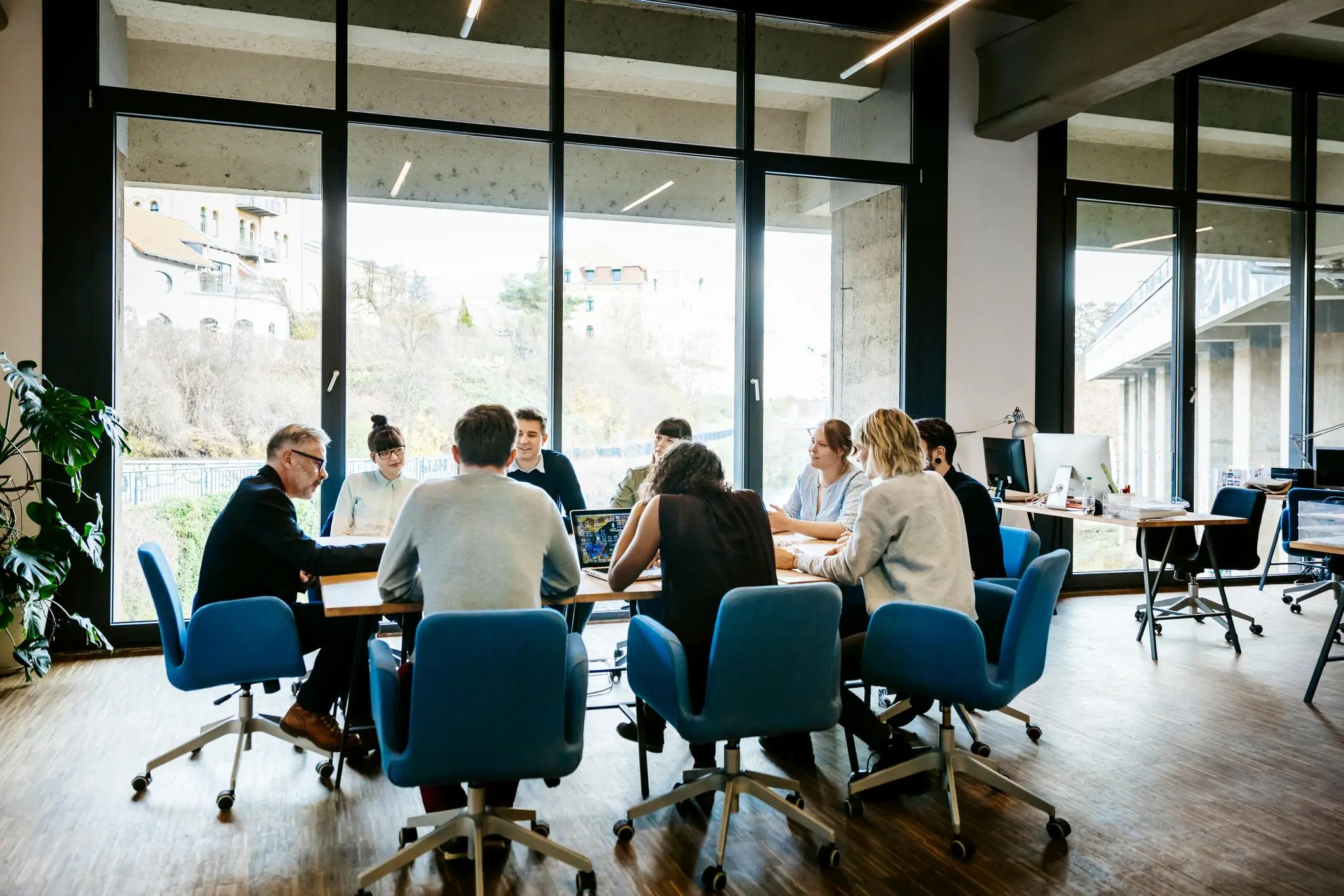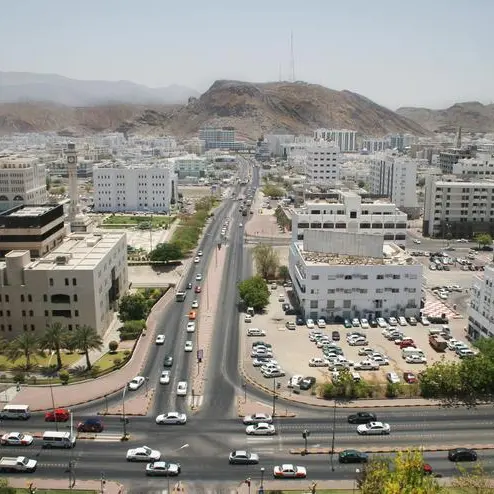PHOTO
DUBAI: Staying in business through the COVID-19 pandemic has not been cheap for retailers, hoteliers or eateries — to name just a few types of small- and medium-sized enterprises (SMEs). All over the world, including the Arab region, SMEs have suffered the double whammy of lost custom combined with new expenditure on cleaning, testing, protective equipment and hand sanitizers.
Companies have spent hundreds of thousands of dollars on hygiene protocols in a desperate bid to keep their doors open. Contact-intensive sectors such as leisure, hospitality and tourism have suffered more than most. Airlines, spas, gyms and galleries have all been forced to limit footfall.
Although the rollout of vaccines has raised hopes of a turnaround this year, with people itching to book summer getaways and nights out on the town after months stuck indoors, a mixture of new virus mutations and the uneven distribution of vaccines means the world is still a long way from returning to normal.
According to an April report by the Organization for Economic Co-operation and Development (OECD), which assessed the impact of the pandemic on SMEs over the past year, such firms have been hit far harder than their larger counterparts.
“SMEs are overrepresented in the sectors most affected by the crisis, in particular in wholesale and retail trade, air transport, accommodation and food services, real estate, professional services, and other personal services,” the report said.
“Smaller firms are typically more financially fragile and have smaller cash buffers than their larger counterparts. This makes them less resilient to crises.”
Small companies also tend to have weaker supply chains and can “lag behind in terms of the uptake of digital tools and technologies which can help to build resilience in the current pandemic crisis.”
Crucially, it would seem, SMEs are also “less likely to have managerial capability to comply with new regulatory frameworks to guarantee customers’ and employees’ safety.”
For Tala Badri, founder and executive director of the Center for Musical Arts in Dubai, most of the past year’s excess expenditure has been spent on COVID-19 safety and hygiene measures for her patrons and staff.
When businesses in Dubai were cleared to reopen in the second half of 2020, under strict public health guidelines, Badri was legally obliged to hire an approved cleaning company to sanitize the entire premises, its equipment and its musical instruments.
“We have to set up systems where you have a sanitization station everywhere that is accessible,” Badri told Arab News. “You have to buy the sanitizer. These are all additional expenses that we never had to face before.
“We also have to put up special screens for teaching, which cost AED 2,000 to AED 3,000 ($545 to $820) and are just plastic screens, not even that big, but they cost money,” she said.
“One of the other things we have to do is increase our Internet usage (for remote teaching). You have (limited) choice (in selecting an Internet service provider). You have just to go with whatever is there. We are paying on average about AED 15,000 ($4,000) per term, and this is like someone’s salary. It is like having another person on staff.”
Badri “totally accepts” the measures are necessary, but says they constitute an “unprecedented extra cost” that businesses like hers were in no position to take on. “When you are losing such a huge amount of your money, and you have to pay extra to stay in business, where there is no support, it is very difficult,” she said.
Other sectors have been forced to absorb cumbersome expenses of their own. Gyms, for instance, have replaced communal soap dispensers with individually wrapped bottles to reduce surface contamination.
Although many fitness facilities are saving on their laundry bill by asking guests to bring their own towels, round-the-clock sanitizing of equipment and surfaces is nevertheless eating into their budget.
Restaurants have also had to radically rethink their business model, relying on local delivery firms to reach a smaller catchment of customers and absorbing the additional cost of single-use takeaway packaging, not to mention the outgoings on additional health and safety measures in the kitchen.
Those eateries with sufficient space have experimented with partitioning and spreading out their customers, but the loss of larger bookings and walk-ins will no doubt have hit their balance sheets.
On top of this, extra signage, QR-code menus, queuing areas, plexiglass screens, sanitizing stations, plastic tablecloths and cashless payment systems have not only multiplied expenses but also taken away some of the magic of the dining-out experience. Who enjoys wearing their mask between courses?
No wonder supermarkets and other food-retail outlets have seen a bounce at the expense of restaurateurs since the pandemic began. According to Somaia Basha, a Dubai-based senior research analyst for Euromonitor International, Saudi Arabia’s restaurant sector lost 37 percent of its value in 2020.
“Because of the initial lockdown, we have seen overspending on food retail. On the other hand, of course, restaurants were massively hit,” she told Arab News.
SMEs have been forced to adapt quickly to new trends, which, although they existed prior to the pandemic, have been pushed into overdrive out of necessity. Take, for instance, the digital transformation of home delivery and payment methods.
“COVID-19 has elevated or increased the speed of a lot of trends that were actually already happening,” said Basha. “So, before COVID-19, there was transformation of payments, there were delivery options that were getting traction. But after COVID-19, these became more important.
“Progress that we expected to take years has been happening over the course of one year in some countries and even just a matter of months in others. This high speed is transforming many industries.
“Now, imagine you are one of these restaurants and suddenly you are faced with this issue of either going digital or shutting down. You are going to have to invest money when you are already making a loss, because you are not generating any revenue, and you are not there on delivery platforms.
“So, you are now going to spend a couple of thousand dollars to be there, to be available in the digital world. And then, when you go into the digital world, you will find you have multiple platforms, which are competing, and you have prices dropping.”
Perhaps, then, the innovations that this pandemic has driven forward, with companies forced to invest and adapt to ensure their long-term survival, are the real silver lining of this traumatic and costly year. True, not all sectors can benefit from digital technologies, but those that do can expect to bounce back much faster.
“It is a challenging time for restaurants all over the world. They are playing in an area they have not maneuvered in before,” said Basha. “It is unknown territory.”
Copyright: Arab News © 2021 All rights reserved. Provided by SyndiGate Media Inc. (Syndigate.info).





















